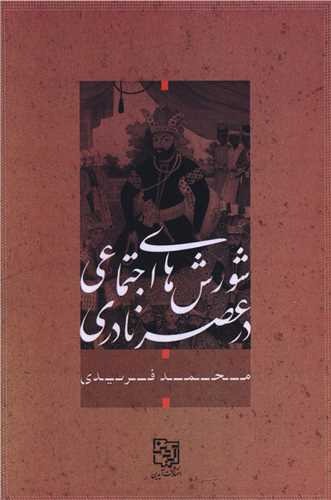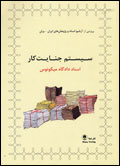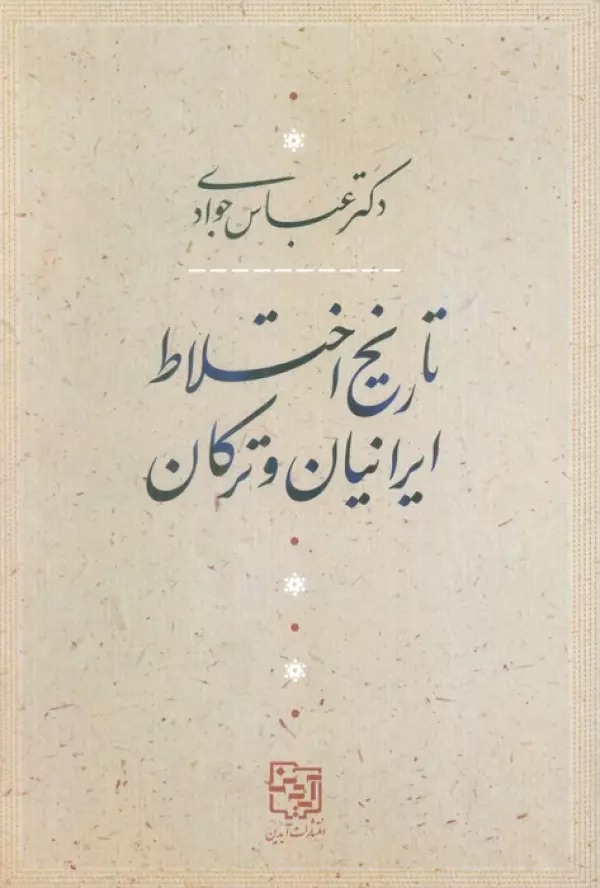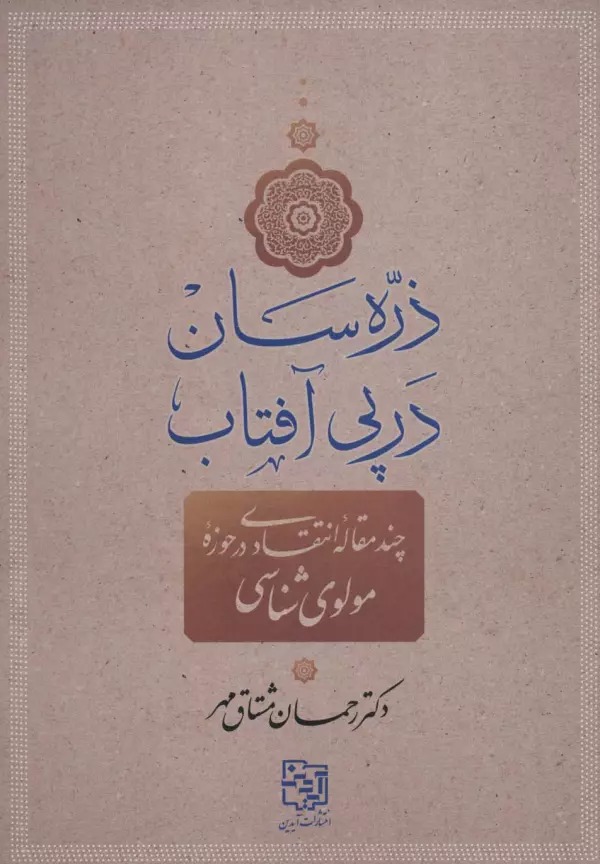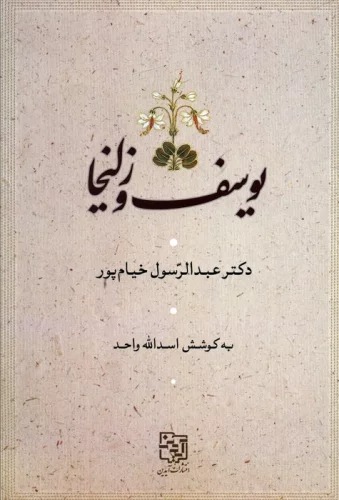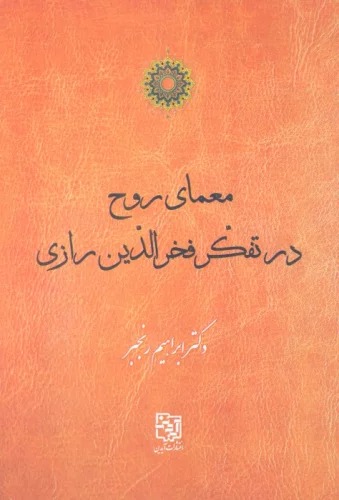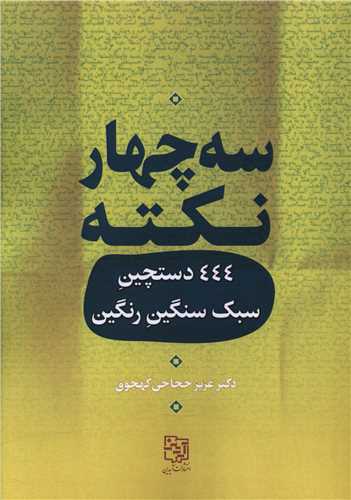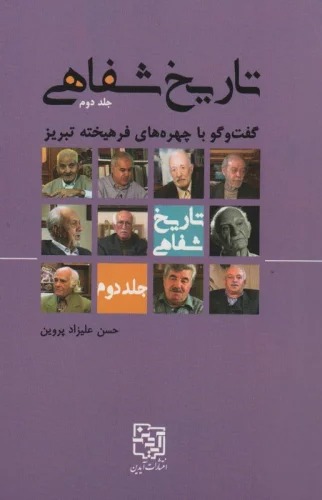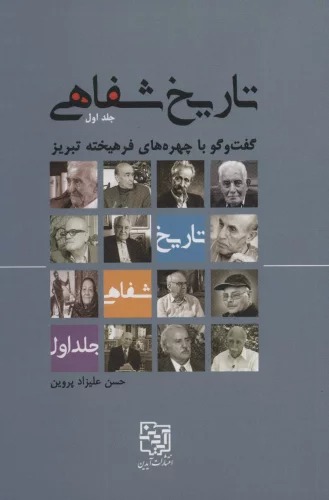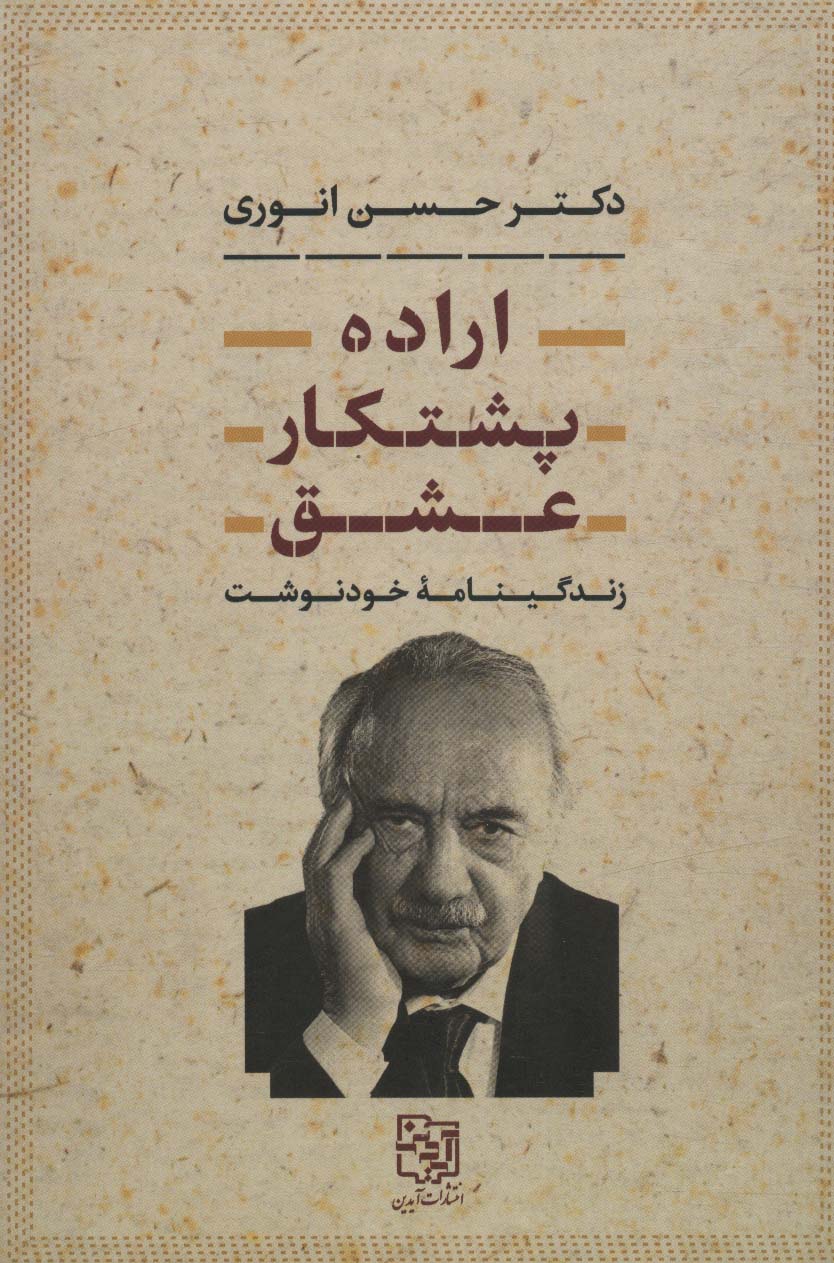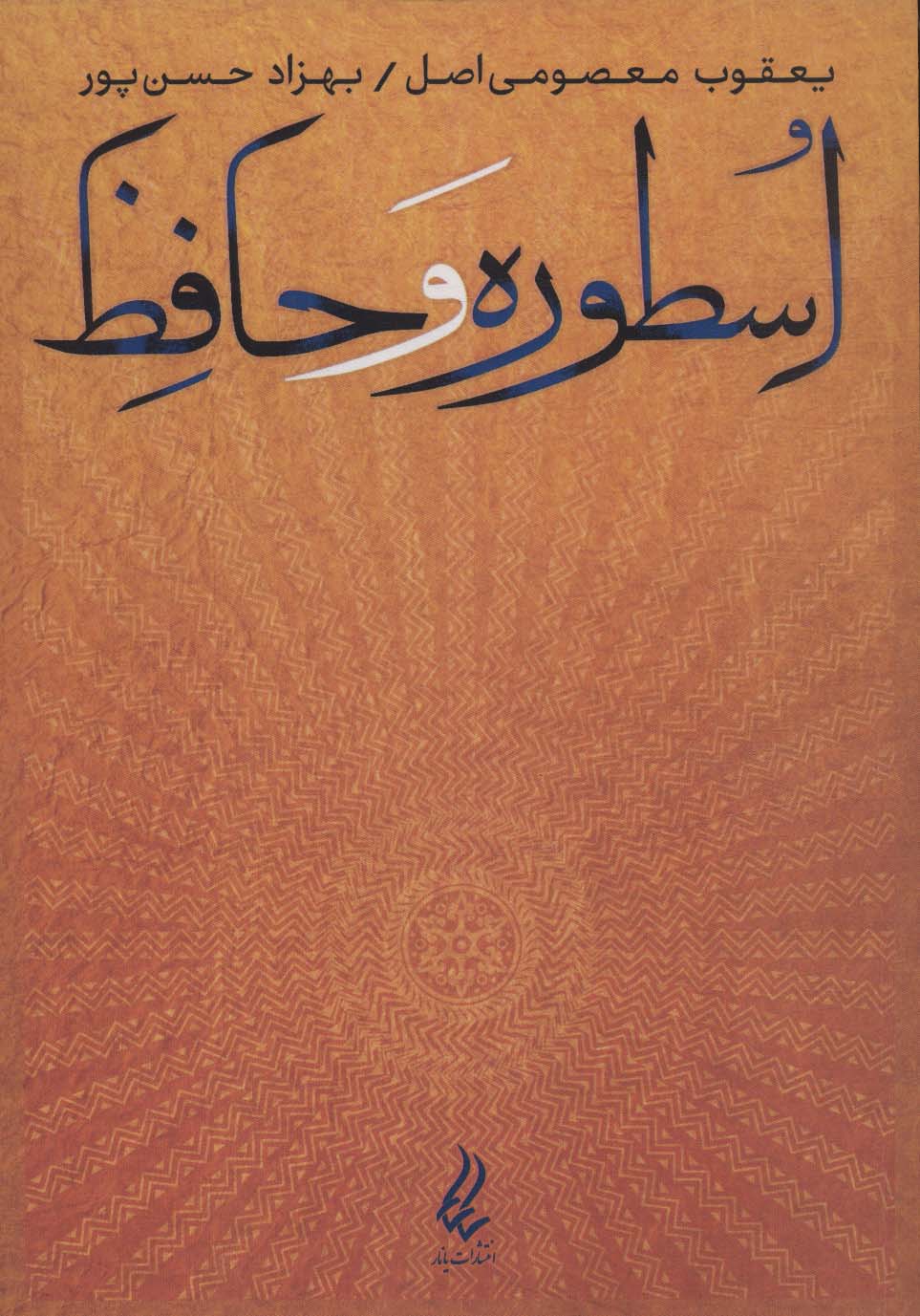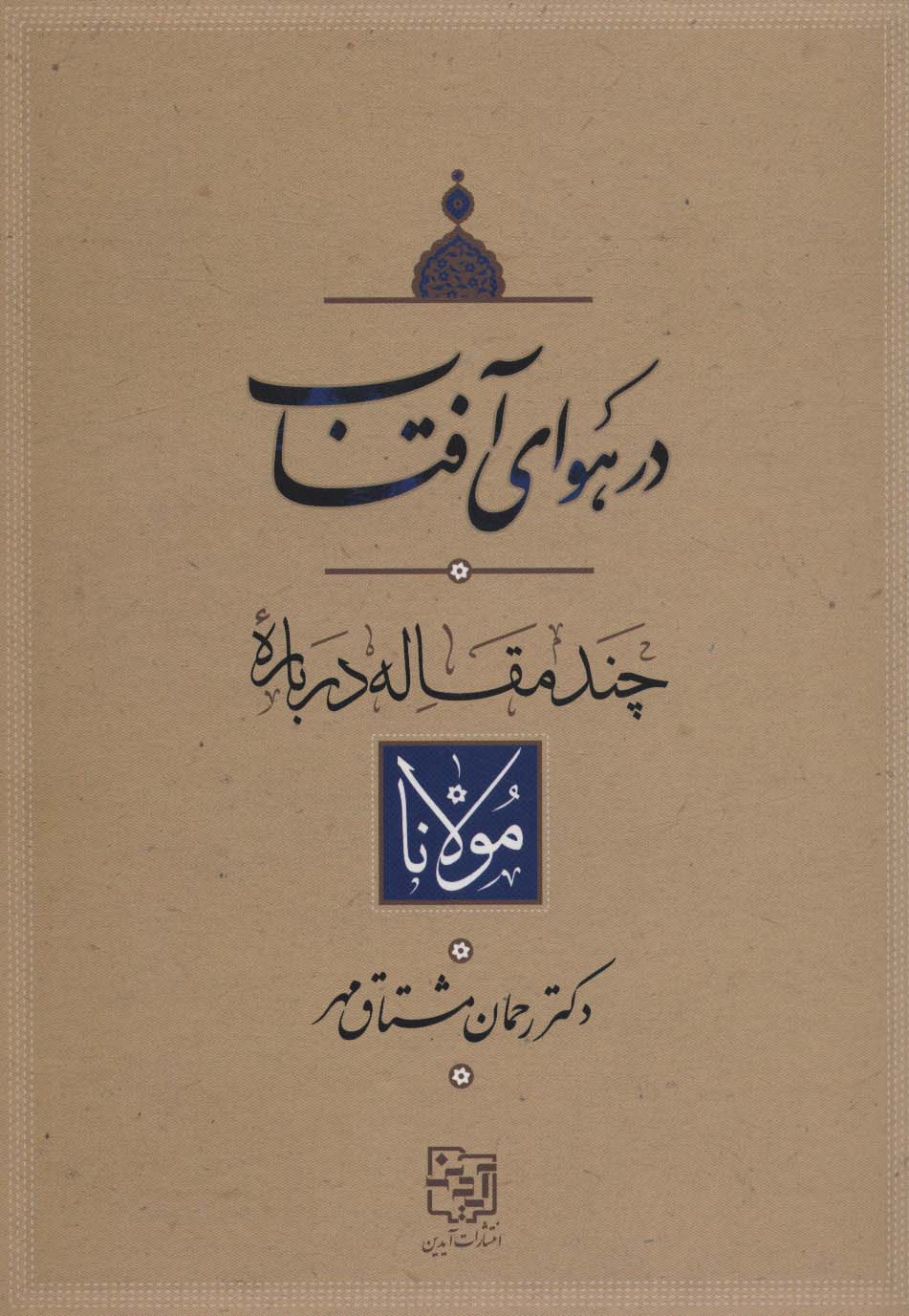شورشهای اجتماعی در عصر نادری الفارسية 1403
Shurish-hā-yi Ijtimā‘ī dar ‘Asr-i Nādirī
21٫43 $
مشاركة
Wishlist
Nader Shah's unparalleled military genius and command, along with his firmness and sharpness of the sword, could not overcome the destructive effects of his peculiar autocratic rule, as well as the class humility and illegitimacy of his rule. The effort to gain political legitimacy and the consequent implementation of religious reforms, along with various physical and mental illnesses, depleted Nader's strength and peace of mind. His involvement in the fields, the war with an ever-increasing army at exorbitant costs, and the policy of constant forced migration accumulated a sense of "relative deprivation" in the people, and this feeling found an opportunity to manifest itself in the form of rebellion following the disobedience of the leaders. The entire period of Nader's rise to power until his decline was marked by rebellions that increased in number day by day. It is noteworthy that during this period, the main conflict in society took place not between the masses and the rulers (elite) but between the rival elites themselves. The present study, within the framework of three sociological micro-theories (Pareto's elite theory, Max Weber's triad of legitimacy, and Ted Robert Geer's theory of relative deprivation), explains and analyzes the rebellions of this period in a combined manner.
more
نبوغ جنگی و فرماندهی بینظیر نادرشاه همراه با تحکم و تیزی شمشیر او نتوانست بر اثرات ویرانگر حکومت خودکامه ویژه اش و نیز بر تواضع طبقاتی و عدم مشروعیت حکومت او فائق آید. تلاش در راه کسب مشروعیت ،سیاسی و به تبع آن جا اندازی اصلاحات مذهبی به همراه بیماری های گوناگون جسمی و روحی، توان و آرامش نادر را به تحلیل برد و گرفتاری او در میادین ،جنگ با ارتشی روبه تزاید و با مخارجی گزاف، و سیاست کوچ اجباری مداوم حس «محرومیت نسبی» را در وجود مردم انباشت و این حس به دنبال نافرمانی سرکردگان فرصت بروز به شکل شورش یافت سراسر دوران ظهور تا غروب نادر با شورش هایی قرین بود که روز به روز بر تعدادشان افزوده میشد نکته قابل توجه این است که در این دوره منازعه اصلی در جامعه نه بین توده و حاکمان (نخبگان) بلکه میان خود نخبگان رقیب صورت می گرفت پژوهش حاضر در چارچوب سه نظریۀ خُرد جامعه شناسی (نظریه نخبگان پاره تو، نظریه سه گانه مشروعیت ماکس وبر و نظریه محرومیت نسبی تد رابرت گر) و به صورت ترکیبی به توضیح و تحلیل شورش های این دوره میپردازد.
more

